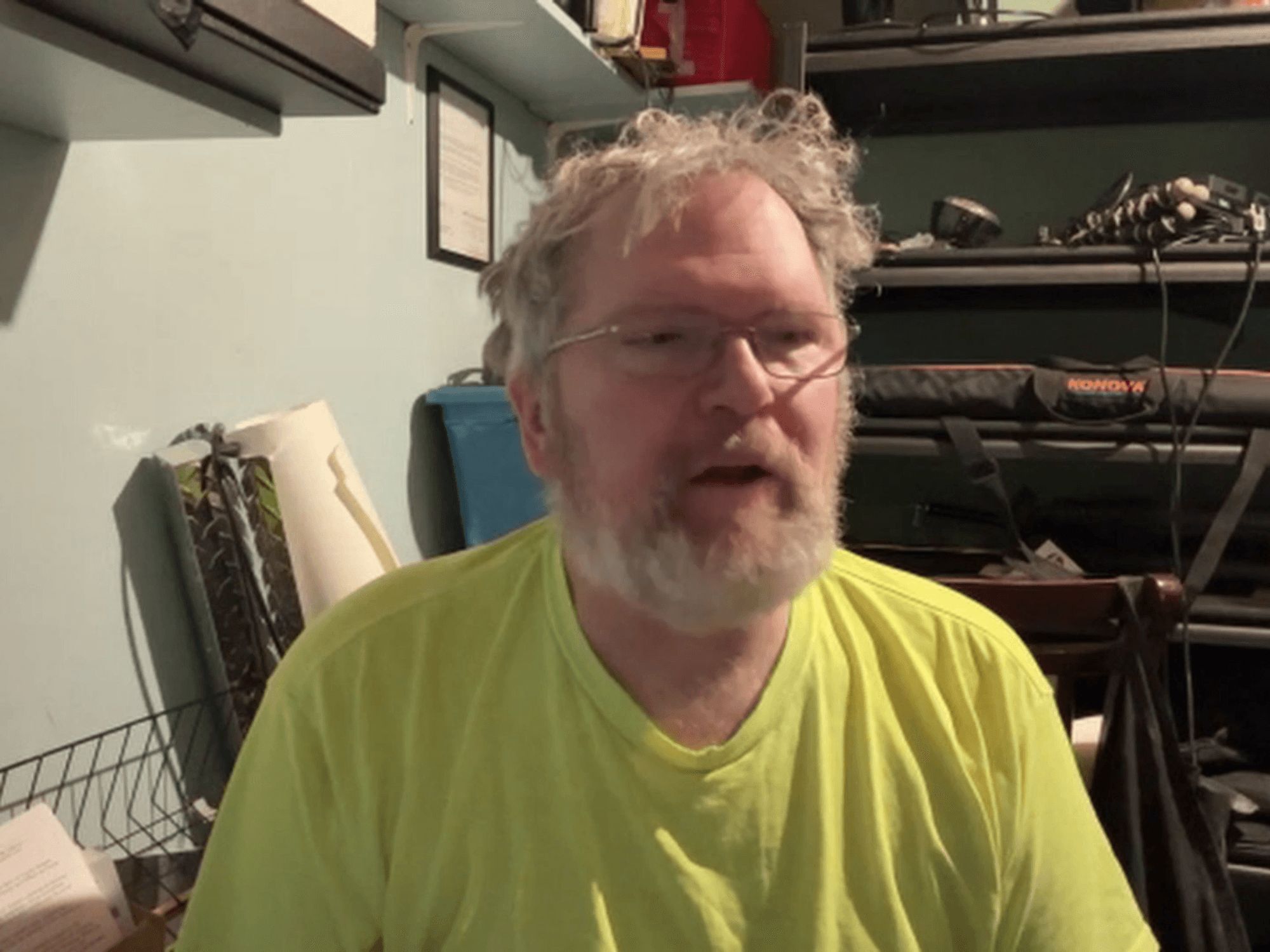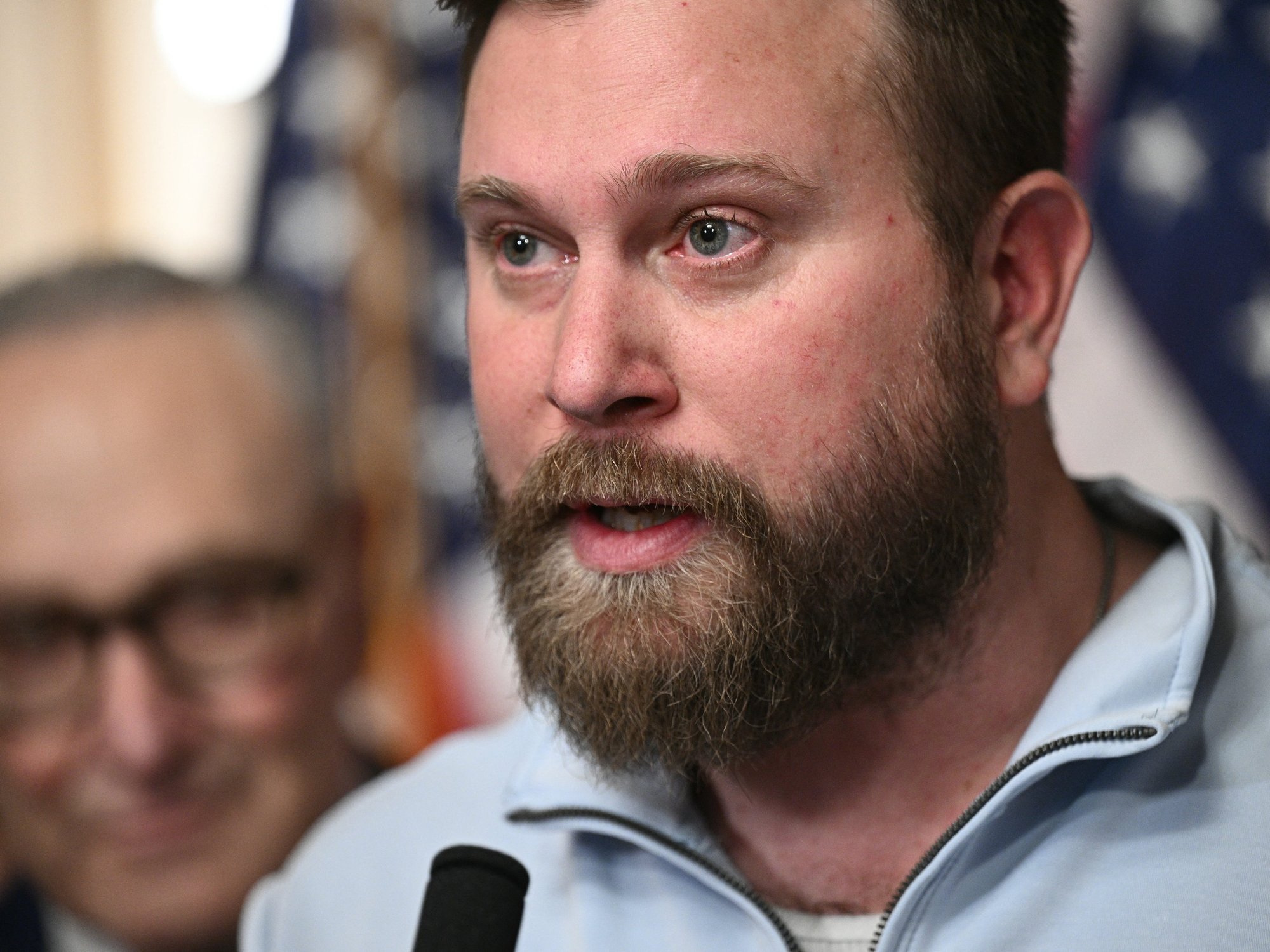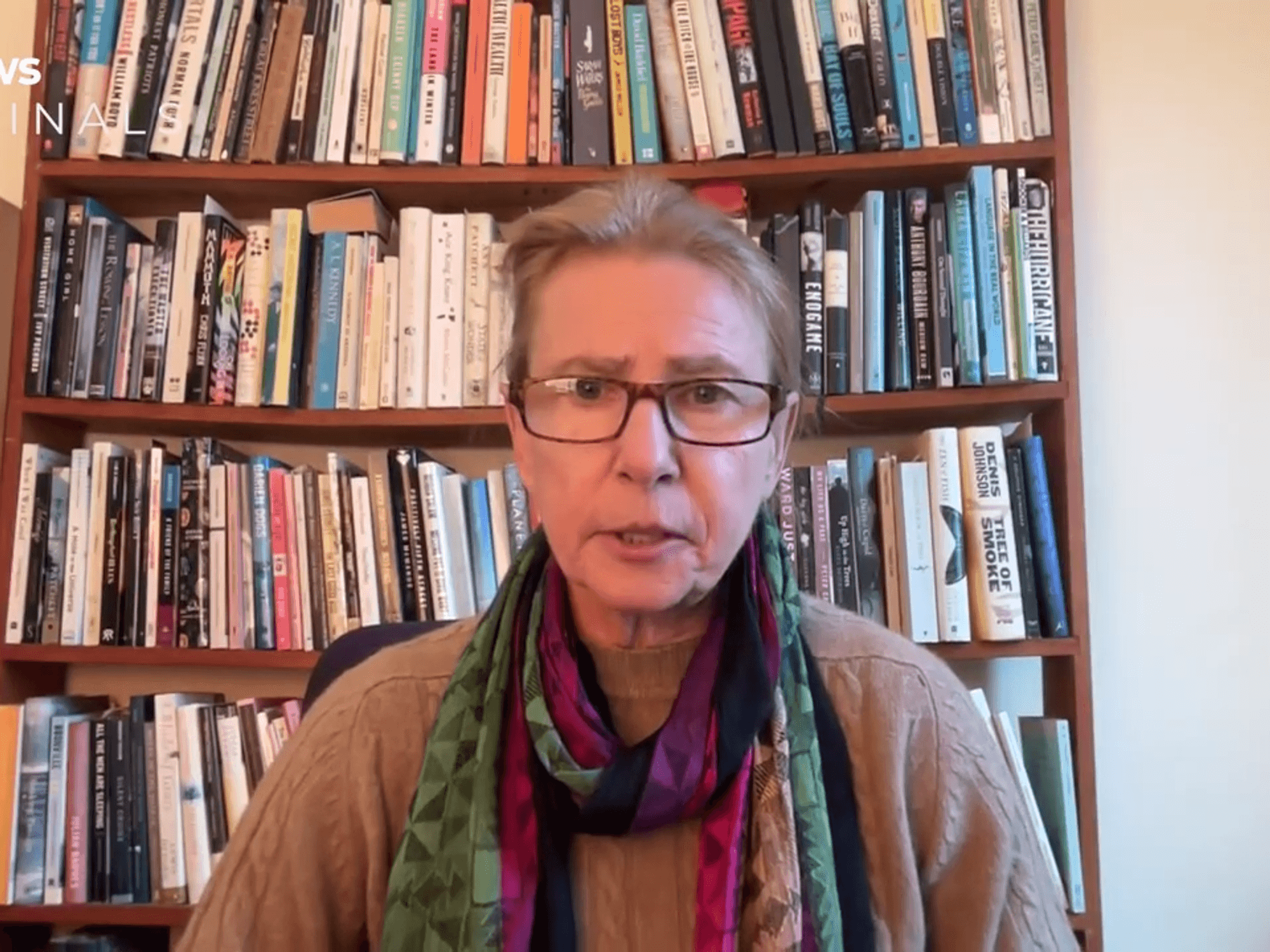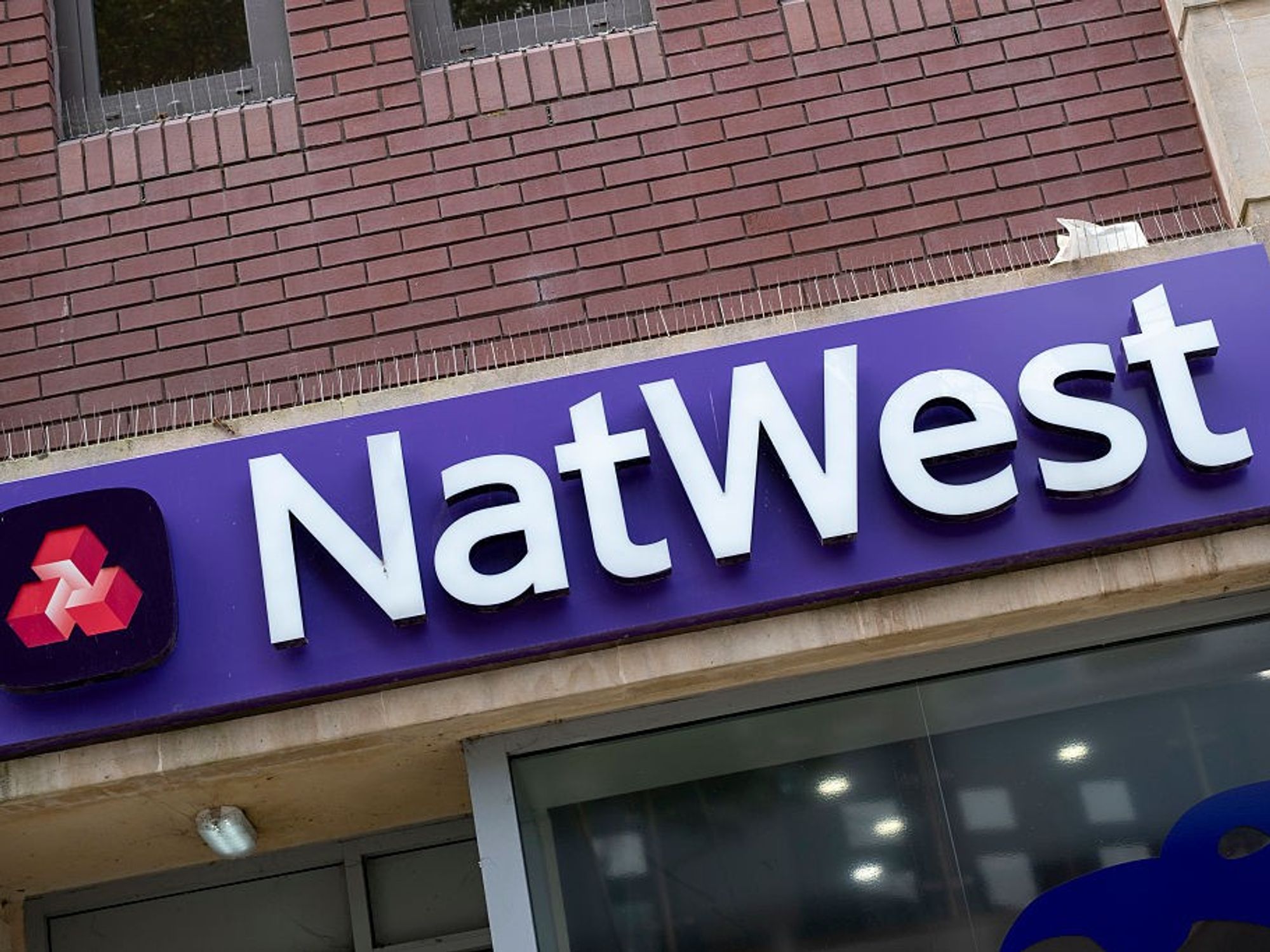UK economy growth slower than expected in blow to Rachel Reeves as Downing Street admits figures 'disappointing'
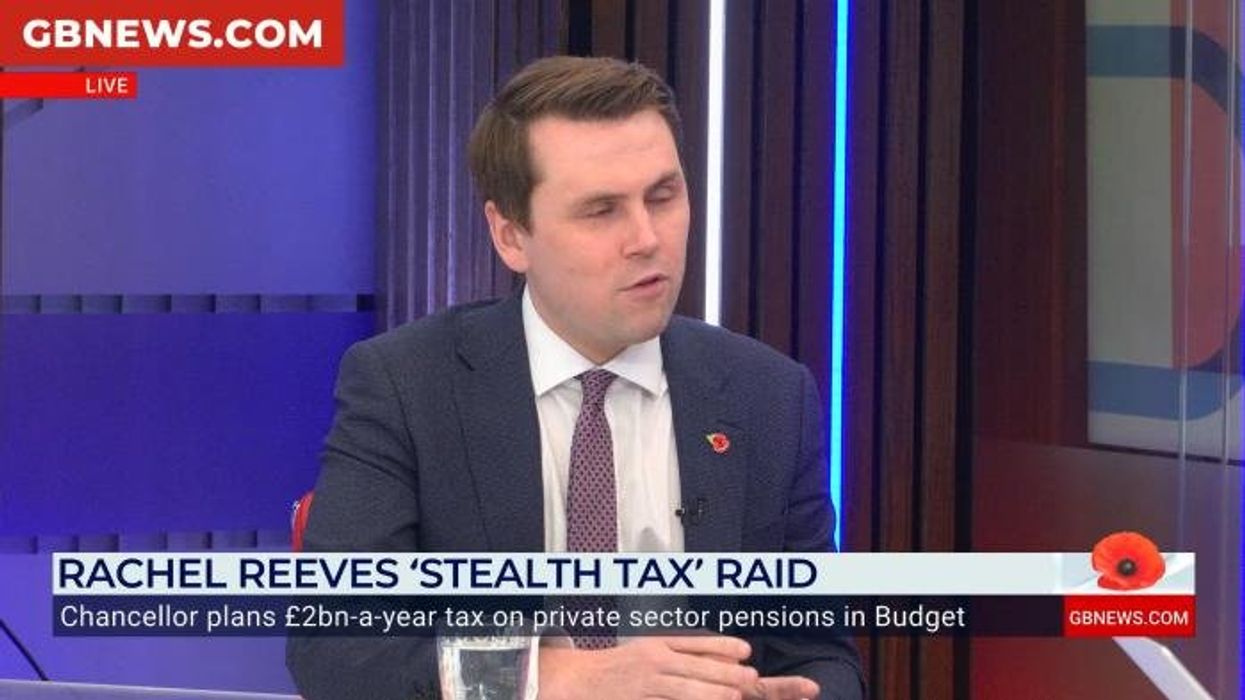
Head of Campaigns at the Tax Payer's Alliance Elliot Keck slams reports that Rachel Reeves plans to raise two billion pounnds a year, by taxing private pensions in the upcoming Budget. |
GB News

Growth has been the Chancellor's number one priority
Don't Miss
Most Read
Latest
The economy grew at a slower rate than expected in the three months to September, according to the Office for National Statistics (ONS) figures.
In response to the figures, Chancellor Rachel Reeves said: "We had the fastest-growing economy in the G7 in the first half of the year, but there’s more to do to build an economy that works for working people.
"At my Budget later this month, I will take the fair decisions to build a strong economy that helps us to continue to cut waiting lists, cut the national debt and cut the cost of living."
It was also confirmed in a separate figure that GDP fell by 0.1 per cent in September, indicating the economy shrank last month.
Along with the figures, Liz McKeown, the ONS' director of economic statistics, said: "Growth slowed further in the third quarter of the year with both services and construction weaker than in the previous period.
TRENDING
Stories
Videos
Your Say
"There was also a further contraction in production."
She added that there was a "particularly marked fall in car production in September, reflecting the impact of a cyber incident, as well as a decline in the often-erratic pharmaceutical industry".
Growth remains the government’s top priority.
The slowing of UK economic growth to 0.1 per cent for the past three months is “disappointing”, Downing Street admitted.
“It’s obviously important to recognise the significance of the cyber attack” on Jaguar Land Rover, the official added, which is “clearly the primary driver behind the weaker September figures”.
Asked whether the Chancellor should take responsibility for the slowing growth, the spokesman said: “I don’t accept that.”Headline growth, once adjusted for population increases, shows that the economy effectively flatlined over the summer.
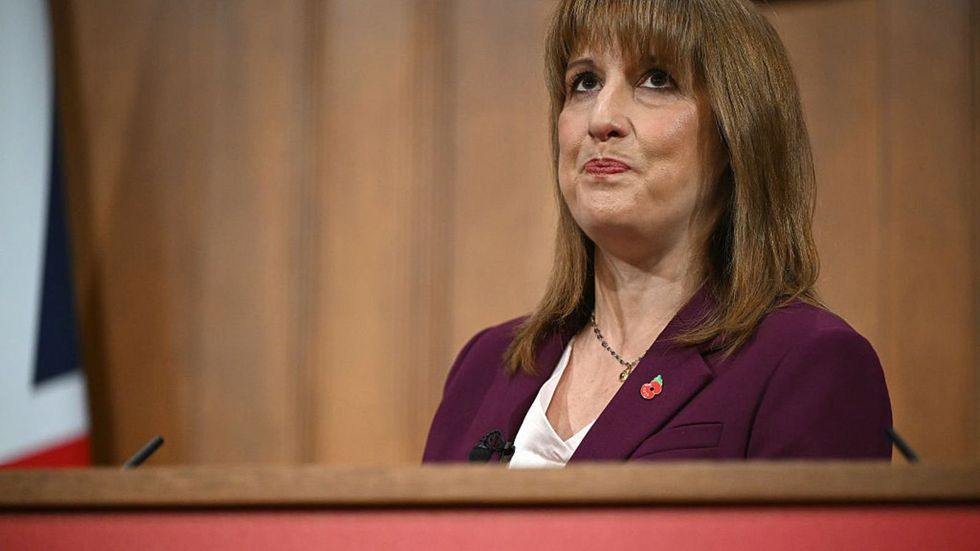
Growth was slower than expected
|GETTY
While the Jaguar Land Rover shutdown dented September’s GDP, underlying performance was already subdued.
Economists had predicted growth of 0.2 per cent for the quarter, with expectations that September would show zero growth.
The hope within Downing Street had been that stronger economic growth can help increase tax revenues and support spending plans.
A strong start to 2025 was soon followed by the introduction of widespread global tariffs by the White House, and budget measures that placed £25billion of taxes on employers.Economists have since blamed each for driving up inflation and undermining private sector investment and jobs.
Weaker-than-expected growth figures are likely to strengthen calls for the Bank of England to cut interest rates at its December meeting.
New data this week showed unemployment rising to five per cent, up from 4.1 per cent when Labour took office pledging to prioritise economic growth.
Since then, the Government’s approach has focused on managing the public finances.
LATEST DEVELOPMENTS
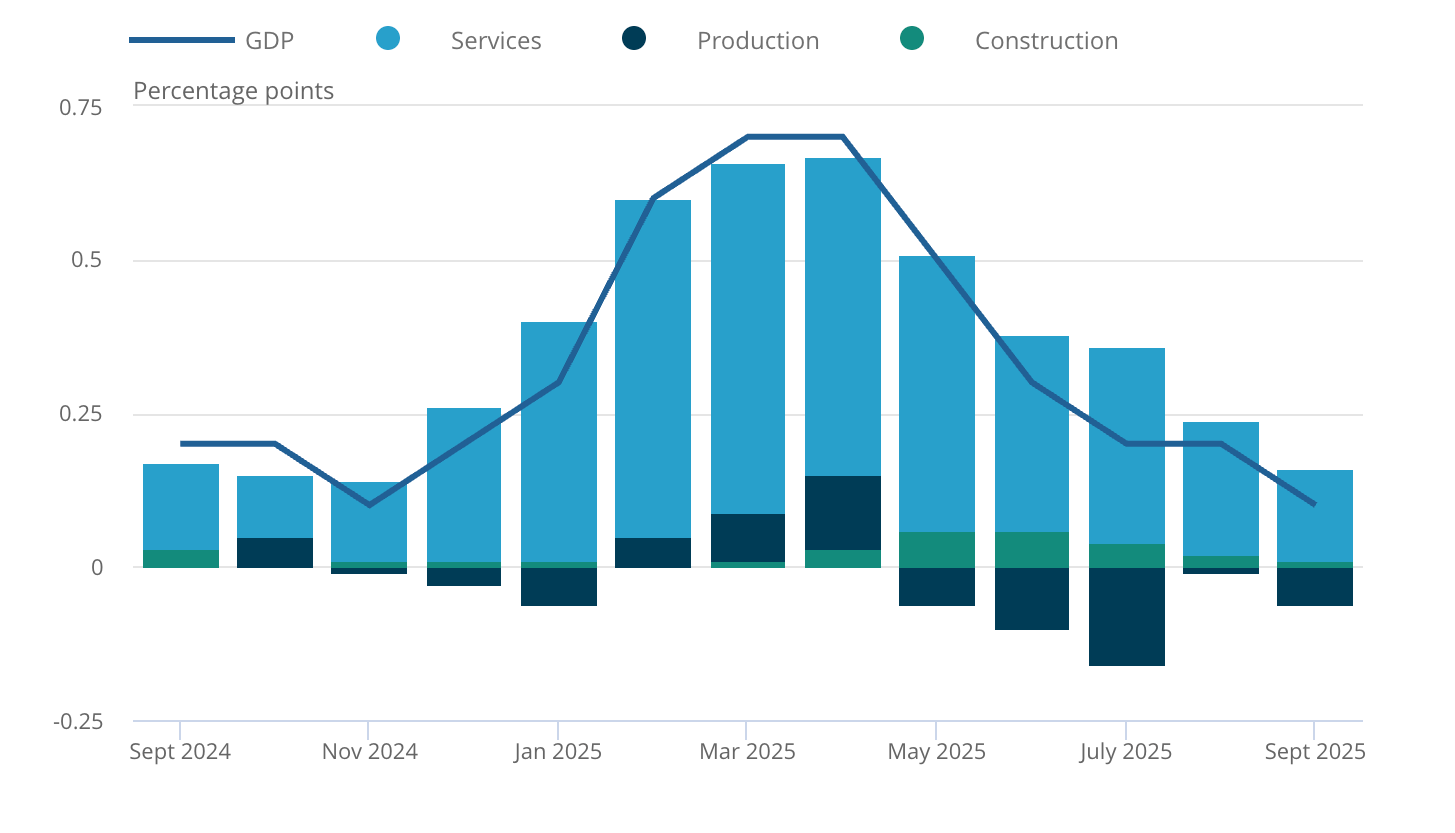 Contributions to three-month GDP growth, UK, September 2024 to September 2025 | ONS
Contributions to three-month GDP growth, UK, September 2024 to September 2025 | ONS But business groups have criticised the Chancellor for damaging private sector investment and job creation through increases to the minimum wage and employer national insurance.
The Bank has echoed concerns about hiring and retention, while rising employment costs appear to have fed through to consumers, contributing to persistently high inflation, which is now forecast to ease in the months ahead.
Rachel Reeves has pointed to external pressures, including Brexit and the US trade war, as key factors weighing on the economy and contributing to the fiscal gap she says was inherited from the previous Conservative Government.
The Conservatives said Sir Keir Starmer and Rachel Reeves are “in office but not in power” in response to the latest GDP figures showing that UK economic growth slowed.
Shadow chancellor Sir Mel Stride said: “Today’s ONS figures show the economy shrank in the latest month, under a Prime Minister and Chancellor who are in office but not in power.
“Months after the Prime Minister stripped the Chancellor of responsibility for the Budget, Keir Starmer has now lost control of his own Downing Street operation – with his team openly at war with his Cabinet.
“If the Prime Minister does not have the backbone to control his team, he has no hope of reducing spending.
"Only the Conservatives have a leader with a backbone and a plan to deliver £47billion of savings – allowing us to cut tax and cut the deficit under our golden economic rule.”
Ashwin Kumar, director of research and policy at IPPR, said that the UK continues to show "unspectacular economic growth".
"Today’s figures emphasise the need for the government to continue with its policies to boost public and private investment, reform the planning system, and improve our trading relationship with the EU."
He added that businesses need more certainty, and urged the Government to "look at how it can reform taxes to promote growth."
More From GB News





